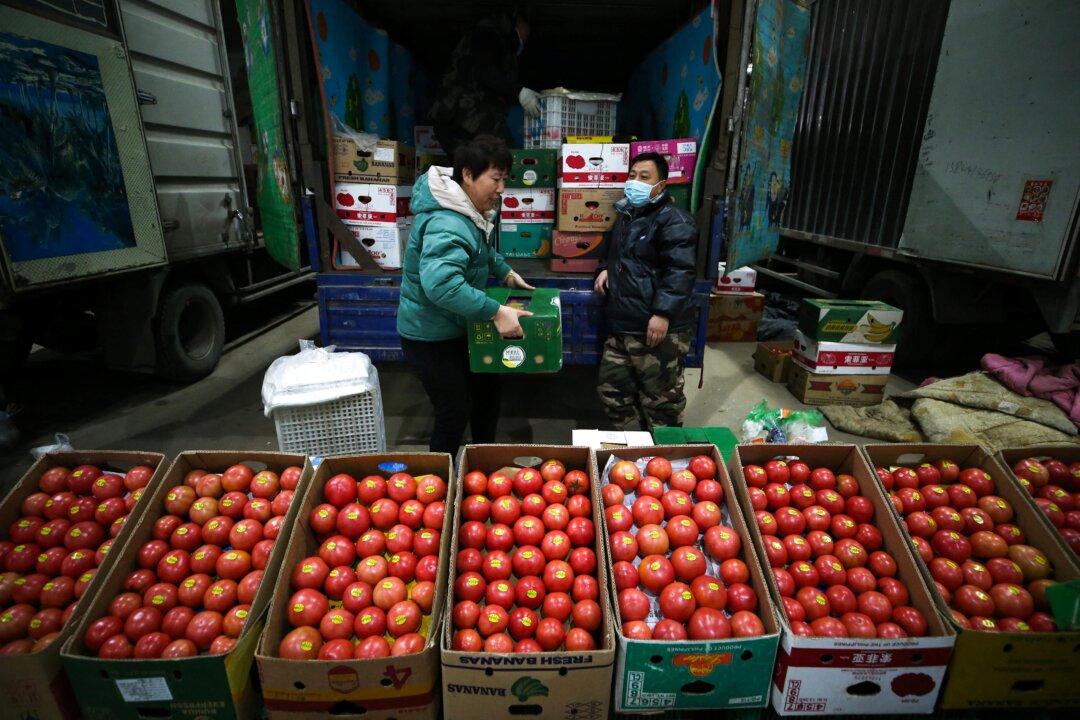Fiscal mismanagement, exacerbated by the growing authoritarian tendencies of the Chinese Communist Party (CCP), is quickly undoing economic and social progress and setting the stage for soaring poverty and social unrest throughout China, according to experts at a Hudson Institute virtual event on Jan. 11.
The virtual event “Is China Headed for an Economic Crisis?” featured Thomas Duesterberg, a senior fellow at Hudson Institute, a Washington-based think tank, and Leland Miller, chief executive of China Beige Book International.





